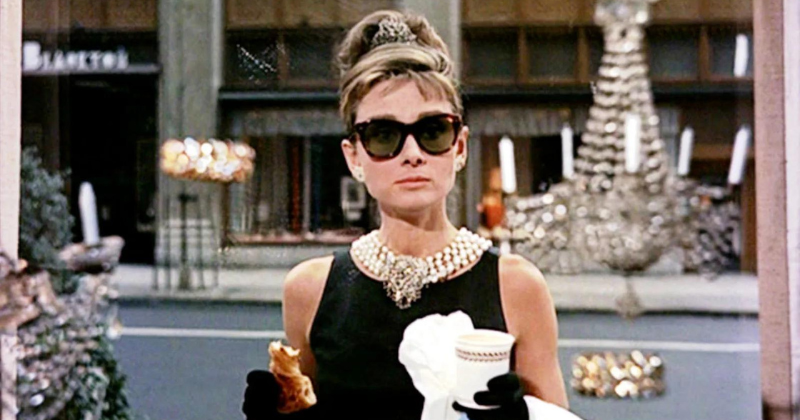
Did Truman Capote plagiarize Breakfast at Tiffany's from Willa Cather?
One fateful day at the New York Public Library, 10-year-old Truman Capote followed a lady—who turned out to be Willa Cather—home. He offered an evocative description of her in a remembrance found after his death: “She was of ordinary height and of a solid but not overly solid shape. Her clothing was composed of an unusual but somehow attractive combination of materials.” He had an incredible gift with a pen, I think you’ll agree.
Cather, not overly solid, wearing come combination of materials, would be Capote’s first intellectual friend and—if a forthcoming book is to be believed—the true source of Breakfast at Tiffany’s.
In Parts I through Parts IV of the Books of the Southwest blog series I didn’t know I needed (John Mayer is part of the argument, also Kim K?) until we were nearly at V, Shiloh Richter, author of the self-announced book, presents her thesis: “Truman Capote didn’t write BREAKFAST AT TIFFANY’S. Willa Cather did. Truman Capote stole it, and Audrey Hepburn knew it.”
Titillating, for we already know that Capote was a real wet hen who tried to claim that he had written To Kill A Mockingbird after his friend Harper Lee won the Pulitzer. Lee had previously done all kinds of legwork for Capote on the murder case that inspired In Cold Blood. So, would we be surprised?
The facts, as presented:
Cather published a short story, “The Bohemian Girl,” in McClure’s Magazine August 1912 issue, about Nils, a prairie boy, returning to NYC for a Bohemian, Clara Vavrika. In 1920, she wrote “Coming, Aphrodite!” which provided additional material. Capote published his novella, Breakfast at Tiffany’s, in 1958. The film adaptation, starring Audrey Hepburn, came out in 1961.
Vibes important to the case:
In Part IV, Richter writes that Cather was interested in “the feminine American possibility,” and herself comprised a gender-defiant writer (and Twain lover) who would inspire the free-spirited Holly Golightly:
These personal distinguishing characteristics of her as an individual are also what Truman Capote was trying to copy by making Holly Golightly’s past a Huckleberry Finn kind of character (“and a bit of a dyke”) (and making up personal stories about his own past on a riverboat to match), and Holly having a meet-up on the river with a likewise feral cat, and so he was not only taking Willa’s words, but her life and personhood as well, trying to take the very fire of inspiration (and like the other male writers, not knowing how to capture it–it can’t be captured because it IS the thing ITSELF that writes IT) and turning it into his dark pathology, and this being the very reason George Axelrod was putting the fire-on-the-mountain inspiration back where it belonged, back directly to Willa, and also knowing by doing so he was re-opening up that magic–what was actually in Willa’s work that is astoundingly embodied and fortuitous and quite obviously still alive in this Moment with its same renaissance fire.
This story fits into a growing genre of work by famous men that turns out to have been built off the artistic labor of women: Claims have arisen in recent years that John Steinbeck used the notes and work of Sanora Babb to write The Grapes of Wrath; F. Scott Fitzgerald reportedly stole the best bits of The Great Gatsby from Zelda Fitzgerald, and parts of Wallace Stegner’s Angle of Repose closely resemble lines written by Mary Hallock Foote. So, it wouldn’t be shocking if Capote turns out to have been just a really good editor.
Case closed?
Janet Manley
Janet Manley is a contributing editor at Literary Hub, and a very serious mind indeed. Get her newsletter here.



















